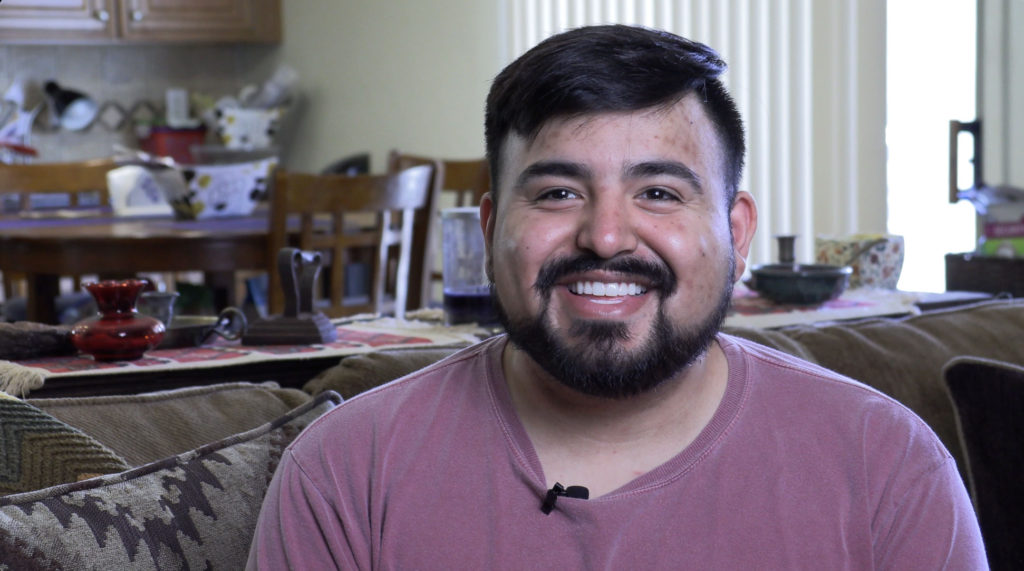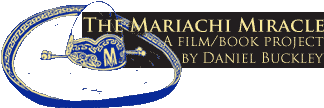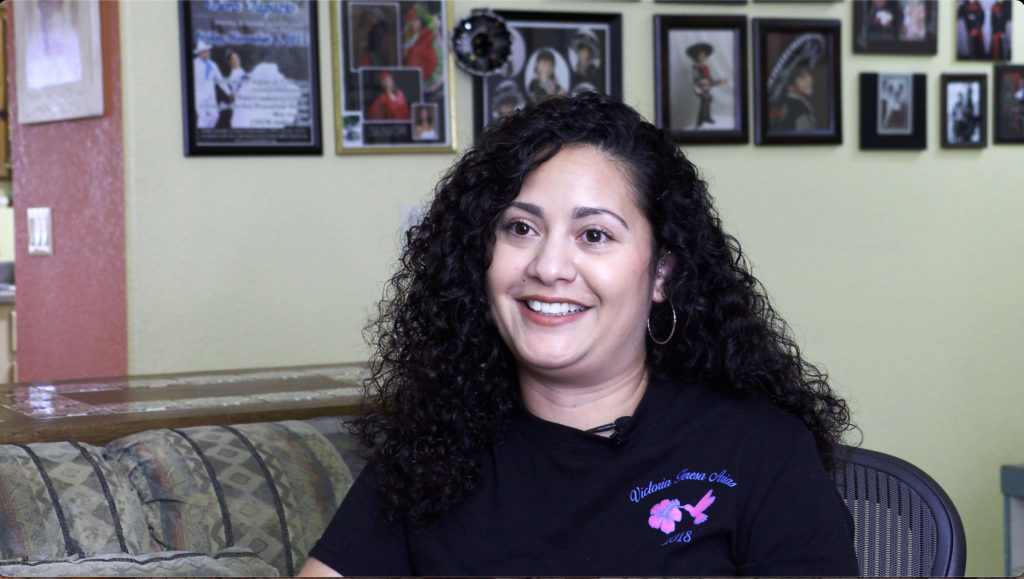
(Click photo to enlarge)
Mine is not a life of quiet desperation.
There’s a hellaciously great soundtrack going on all the time.
And the work is non-stop.
When most folks kick back over the weekend I’m busy mapping out the week ahead, working out the logistics of shooting, editing, appending metadata, finding funding, putting reports together etc., and trying to squeeze a minute or two out to take care of myself.
Usually the latter gets short shrift, and my house looks it. It’s not a chaotic dump. Anything but. It’s actually very organized and efficient. It has to be. But when you live on a busy street with traffic not far from being a freeway, the enthusiasm for things such as dusting and such wanes.
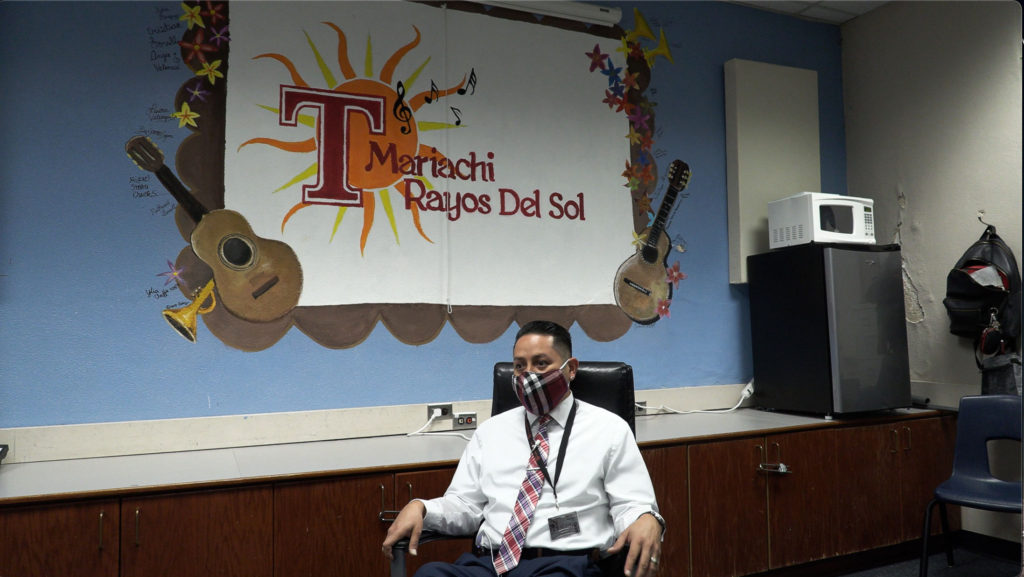
Coming out of the pandemic has led to a flood of opportunities. Follow up interviews are now possible for some key players, and interviews planned for last spring are finally coming to pass. Gaps in the story discovered in reviewing interview transcripts are being filled in. Folks from out of town are visiting family and making themselves available. Timelines of completion are taking shape as deadlines approach.
Life is full.
And in the middle of this whirlwind I find myself grateful to be at this point in creating The Mariachi Miracle film and book Grateful for supporters, large and small who have helped me get here and those to come who will bring the project to the finish line. Grateful to have such an important chapter in American history to bring to wider attention. Grateful to all who share their stories, photos and perspectives to make this effort strong. Grateful to schools and private youth mariachi and folklorico organizations whose efforts continue to inspire and prepare us all for the future.
Grateful to partners who have helped at every stage in countless ways, from filming and transcription to advice, guidance and emotional support. Grateful to friends who try not to be seriously pissed at me when I can’t get together, and who tolerate my peculiarities and shortcomings. And grateful to family who, while forced to put up with me, might actually do so even without familial pressures.
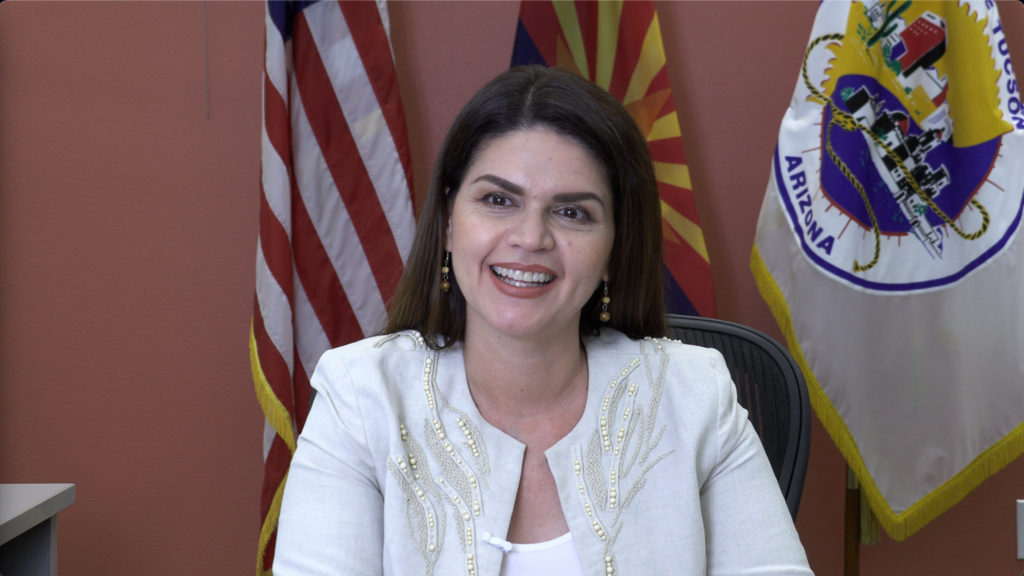
In particular I have to thank the Lovell Foundation for the critical support they provided over the past difficult year and their flexibility in supporting not just this project but many others. They went the extra 500 miles at a time when normal procedures went out the window and a new playbook was being written daily.
Post-pandemic the landscape is more chaotic and unpredictable. The film and book festival scenes are putting themselves back together, as are the mariachi festivals, education and cultural gatherings I’d hoped to rely upon in marketing the film and book. Competition will no doubt be greater. And contacts and allies counted upon May have been
I have my own aging and health issues to contend with as well.
In the end though this is a great story that inspires me to work harder every day. Whatever obstacles ahead will be dealt with and overcome. It is my hope that The Mariachi Miracle will foster a number of national, state and local conversations about the importance of these programs. Perhaps other cities will look closely at their own mariachi and folklorico roots and move toward a fuller national understanding of the movement’s history, breadth and impact. And if the project helps programs around the United States and beyond know how to better market themselves to their governments, schools boards and communities it will have been worth the deep dive.
